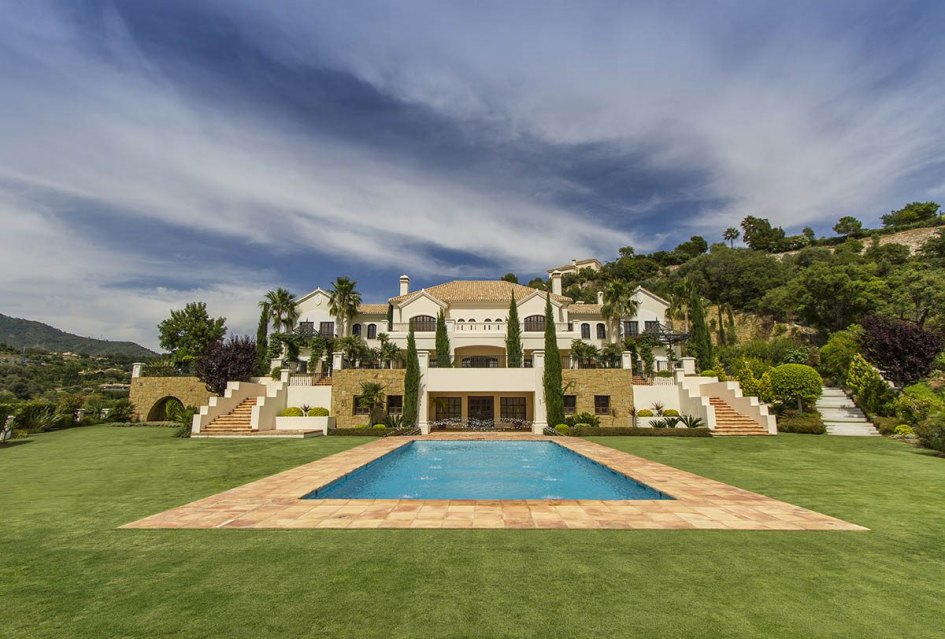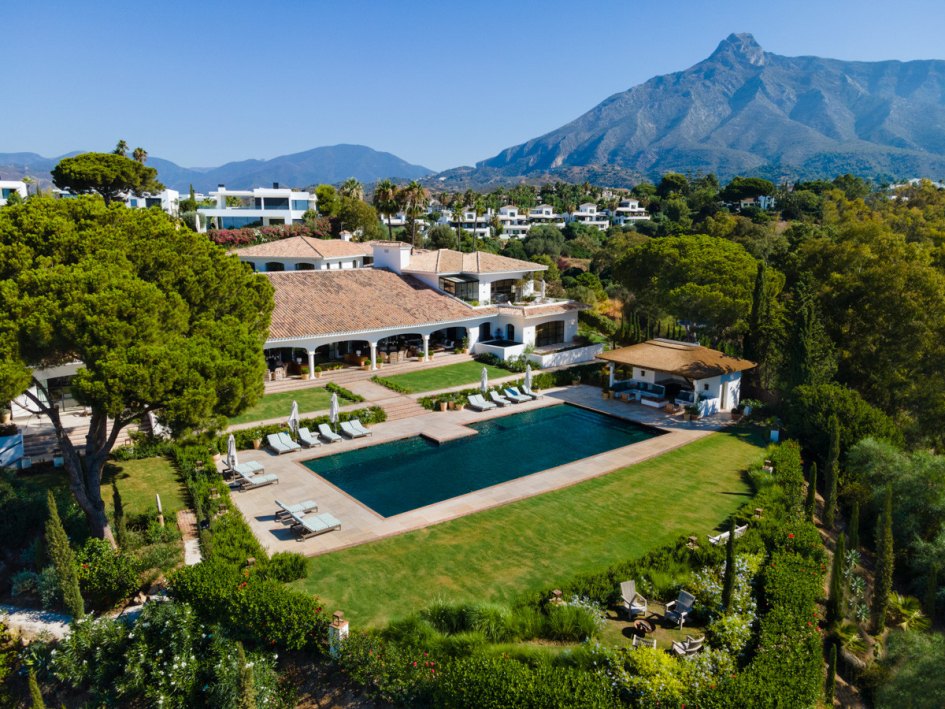
8 STEPS TO BUY A HIGH-END PROPERTY IN SPAIN
· 7 min. read · by Carmen de Arriaga
To buy a property in Spain it is important to know what the correct and legal steps are to follow. Here we provide a summary of the process of buying a property in Spain in just 8 STEPS.
1-FIND: At Christie’s we will know how to find your ideal property.
2-NEGOTIATE: If possible, we will make a new offer on the asking price.
3-RESERVE: Our legal experts will help you sign the earnest money.
4-VERIFY: The seller must provide a Nota Simple and outstanding payments.
5-PROVE: The buyer must prove their financial solvency.
6-SIGN PRIVATE CONTRACT: A first written agreement will be reached.
7-SIGN THE DEED: The sale and purchase will be executed before a notary.
8- REGISTRATION: The new owner/s will be registered in the Land Registry.
Let’s take a closer look at these 8 steps
FINDING THE RIGHT HIGH-END PROPERTY
At Christie’s, we have been expertly sourcing and offering the most exquisite art and high-end products on the planet for over 250 years. At Christie’s International Real Estate, we do the same thing, only we focus on the high-end real estate market. To do so, we have 900 offices established in 50 different countries.
Christie’s International Real Estate – Madrid, Malaga & Marbella is the office in charge of the most distinguished portfolio of properties around Spain.
In this step, we would be delighted to help you find your ideal property. For this purpose, we have an expert multicultural team.
NEGOTIATE ON PRICE
In many cases, the prospective buyer makes a lower offer than the stipulated price. This negotiation does not always work. However, if a property has been on the market for too long or needs to be sold more urgently, or there are other circumstances, the new price proposal may be accepted.
It is the agency that knows the market well. We will be able to advise in which cases this makes sense and in which cases it does not make sense. In new property developments, for example, developers do not accept this type of discount.
RESERVE THE PROPERTY FOR ANCHORING
Once you have chosen the right property for your interests, the purchase process begins by entering into a reservation agreement or an Arras (earnest money) agreement. Both agreements take the property off the market and freeze the purchase price. They are very similar contracts. They vary in the consequences if their clauses are breached, but basically, they bind the parties in the commitment that the sale and purchase will be executed.
The amount of the reservation can vary between 1% and 5% of the value of the property. The safest method of payment is by bank transfer or credit card, so that there is a record of the transaction. These two forms of payment are also practically instantaneous.
Ideally, the reservation amount should be deposited in an escrow bank account with a law firm. The reservation date offers 14 days to sign the purchase contact.
VERIFY THAT THERE ARE NO OUTSTANDING DEBTS
Over these two weeks, Christie’s International Real Estate – Madrid, Malaga & Marbella legal service (or the one contracted by the client) will have time to investigate the situation of the property. The property has to settle any outstanding debts.
The seller will be asked to provide a Nota Simple (property report) from the Land Registry. This document will verify who the legal owner is and if there are any encumbrances on the property. The seller will also have to provide documentation to prove that he/she is up to date with the payment of taxes and various contributions (IBI, rubbish collection fees, community fees, water, gas, electricity, etc.). Of course, it is possible to buy properties with outstanding encumbrances, as long as these are known and accepted.
CHECK THE BUYER’S CREDITWORTHINESS
The properties in the Christie’s International Real Estate – Madrid, Malaga & Marbella portfolio are aimed at high-net-worth clients. The verification of the buyer’s financial standing is a mandatory protocol to secure the purchase process.
The buyer must provide a certificate issued by an accredited bank-financial institution. This report will state the good commercial relationship maintained with the client, as well as their real capacity to meet the commitments that are going to be entered into regarding the sale and purchase of the property. In this way, the client’s financial privacy is safeguarded, but they are endorsed by their trusted entity. If the purchase is through a mortgage, the pre-approval of this must also be provided.
SIGN A FIRST PRIVATE CONTRACT
If everything is correct up to this point, within 14 days a private purchase contract must be signed between the parties: seller and buyer, or their legal representatives (duly authorized).
In the drafting of the document the final price will already be fixed, the property will be described in detail, the personal details of all parties involved will be included and the date of the future signing of the public deed of sale before the notary will be established.
This private contract must be signed by both parties: buyer and seller. At the time of signing, the buyer must deliver an amount of 10% of the total value of the property as a deposit.
If the agreement is breached, the seller will indemnify the buyer for double this deposit. If it is the buyer who defaults, the deposit will not be returned to the buyer.
SIGNING THE DEED BEFORE A NOTARY
This is the end of the direct relationship between buyer and seller. It is the closing of the sale and purchase transaction, so that a property passes from one owner to another. However, property purchased in Spain requires other legal elements after the signing for the purchase to be truly effective and legal.
Numerous documents will be required for the notary to attest to the purchase. From the ID cards of all those involved, to the title deeds of the property; from the deposit payment receipt to the document accrediting the express granting of the mortgage. To find out exactly which documents are required, you can consult here.
In this step you must be very exhaustive. If any document has an error or is missing on the day of the signature, the notary will not consider the transaction as closed. Every notary in Spain will follow a totally immaculate conduct in his intervention. It is best to make sure before going to the notary’s office that everything is perfect.

REGISTRATION
Once the signatures have been notarised, both parties, buyer and seller, will receive official copies of the documents. The new buyer (or a duly authorized legal representative) must present them to the Land Registry. If this registration is not carried out, there is no real ownership of the property. This legally guarantees the ownership of the property. The fees for registration depend on the value of the immovable property, but there is a maximum of approximately 2,000 euros.
We hope these eight steps to buying a high-endproperty in Spain have been helpful. For a refresher on the concepts, you can also read our post on the buying process.
To buy the best property, to make the best investment, do not hesitate to consult us.



